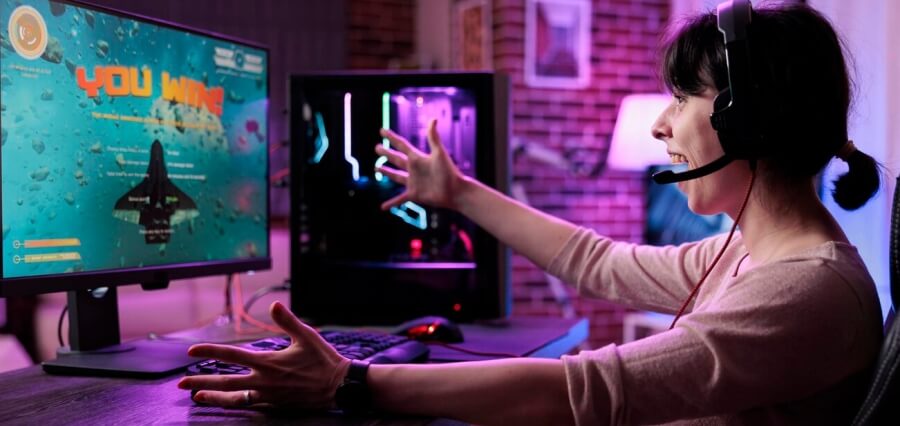In the ever-evolving landscape of entertainment, gaming has transcended its traditional boundaries to become a catalyst for addressing real-world issues. This article delves into the intricate connection between gaming and social change, shedding light on how virtual worlds are making a tangible impact on our reality.
The Intersection of Gaming and Social Change
Virtual Realms as Catalysts for Change
Immerse yourself in the virtual realms where gaming and social change intersect. Explore how game-like slot online developers are leveraging technology to address real-world issues, sparking conversations, and inspiring action.
Leveraging LSI Keywords for a Deeper Impact
Unravel the strategic use of Latent Semantic Indexing (LSI) Keywords in game development. Understand how these keywords enhance the gaming experience, fostering a deeper connection between players and the issues at hand.
Gaming Narratives: Advocacy and Awareness
Crafting Compelling Narratives
Discover how game developers craft narratives that resonate with players emotionally. Explore the power of storytelling in gaming, serving as a vehicle for advocacy and raising awareness about critical social issues.
The Role of Inclusivity in Gaming
Delve into the concept of inclusivity within gaming narratives. Uncover how diverse characters and storylines contribute to a more profound understanding of social issues, fostering empathy and unity among players.
Gaming Initiatives Making a Difference
Gamifying Education for Social Impact
Explore the educational initiatives within gaming that aim to enlighten players on real-world issues. Learn about games such as slot online designed to impart knowledge, encouraging players to become proactive agents of change.
Virtual Activism: Beyond the Screen
Investigate the emergence of virtual activism within gaming communities. Understand how players are extending their impact beyond the virtual realm, engaging in real-world initiatives inspired by their in-game experiences.
Gaming and Social Change: How Games Are Addressing Real-world Issues
Embark on an in-depth exploration of the direct correlation between gaming and social change. Analyze case studies and real-world examples showcasing the positive influence of gaming on societal issues.
FAQs
How do games contribute to social change?
Games contribute to social change by raising awareness, fostering empathy, and inspiring action. Through compelling narratives and educational initiatives, games serve as powerful tools for addressing real-world issues.
Can gaming truly influence real-world behavior?
Yes, gaming can influence real-world behavior. Studies show that immersive gaming experiences can shape attitudes, beliefs, and even prompt social activism beyond the virtual realm.
Are there specific genres more inclined toward social impact?
Various genres contribute to social impact, but educational games, simulation games, and those with strong narrative elements tend to have a more direct influence on players’ perspectives and actions.
What role does inclusivity play in gaming for social change?
Inclusivity is crucial in gaming for social change, as diverse characters and storylines help players develop a broader understanding of societal issues, promoting unity and empathy.
How can gamers actively contribute to social change?
Gamers can contribute to social change by participating in virtual activism, supporting initiatives within gaming communities, and translating in-game experiences into real-world action.
Are there risks associated with using gaming for social change?
While gaming can be a powerful tool for social change, there are risks, such as potential oversimplification of complex issues. It’s essential to balance entertainment with accurate representation and responsible messaging.
Conclusion
Gaming’s influence on social change is a testament to the medium’s power beyond entertainment. As virtual worlds continue to merge with reality, the potential for positive impact grows exponentially. Embrace the evolution of gaming, where pixels meet purpose, and players become agents of real-world change.
















Leave a Reply